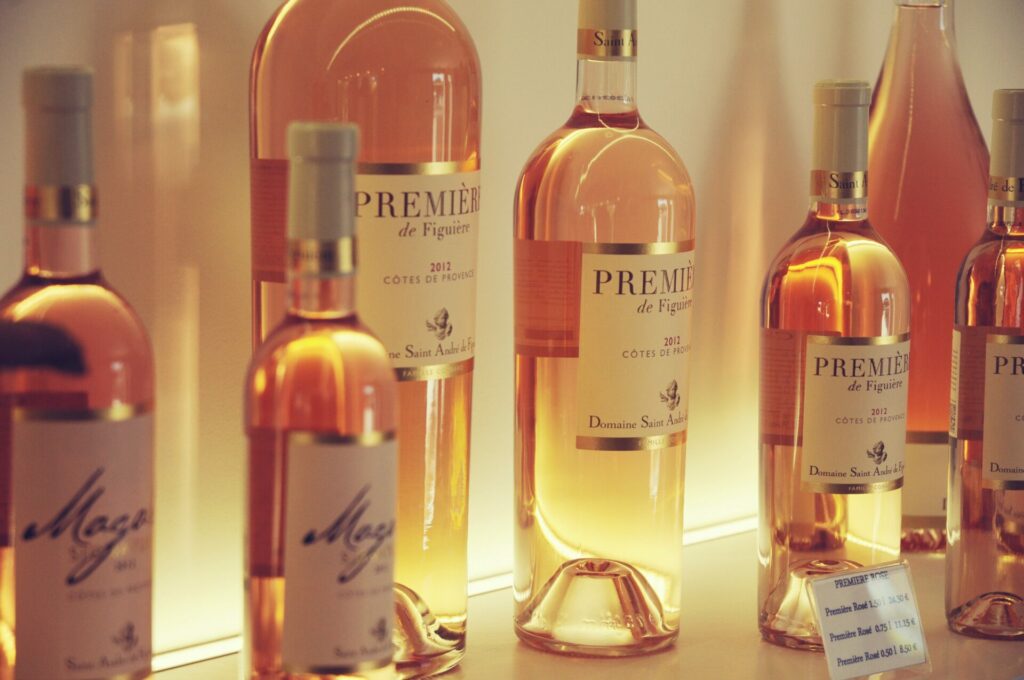Belgians increasingly cross the border to buy cheaper basic products, especially drinks. Almost four in ten Belgians stock up on beverages in neighbouring countries which results in Belgian companies losing €75 in profit, De Morgen reported.
As households feel the pinch, consumers are more likely to look for discounts (25%), consume less (21%) or choose cheaper alternatives (15%). To save on drinks, more Belgians than ever are crossing the border with almost four in ten (37%) saying that they do this. Over one in ten make a shopping trip to a neighbouring country every month, according to a survey by the Belgian water and soft drink association VIWF.
VIWF chairman Bart Peeters explains that Belgium's high taxes on non-alcoholic drinks as well as the VAT and excise duties are driving consumers across the border. He pointed also cited the packaging levy and 'sugar tax' as additional factors that drive up costs. Whether buying alcoholic or non-alcoholic drinks, many travel to France and the Netherlands for more favourable prices.
Mainstream trend
Half of Belgians live less than 50 km from a national border, making excursions to neighbouring countries simple. In 2019, barely 10% of Belgians indicated that they would sometimes buy products abroad; that number has now quadrupled.
"It isn't only those who live in the border regions, for example from Brussels there are also many consumers who regularly go shopping in our neighbouring countries," said Peeters.
This is a blow to both the Belgian drinks industry and the treasury, Peeters says: "Figures from research agency GfK show that our companies have lost about €369 million in turnover in the past five years due to border purchases... Less turnover means less investment, less recruitment, and lower employment."
"Since the Belgian consumption tax amounts to about 45% of the retail price, the government has lost more than €166 million in revenue in the same period. And then there were the two years of Covid-19."
Related News
- EU inflation and economic pessimism set to rise
- Carrefour France freezes price hikes on basic products, Belgium to follow suit
When people buy drinks across the border, they are likely to fill their shopping carts with other foodstuffs – which the food producer federation Fevia is becoming increasingly concerned about.
VIWF calls for an urgent review of levies on drinks to reduce the price gap with neighbouring countries: "By lowering excise duties, we are closing the gap with neighbouring countries, making border purchases less attractive... This will be good for our producers and more convenient for consumers. The extra sales will make up for the smaller tax revenues – it's a win-win for all concerned."

